Have you ever wondered what makes your computer run smoothly? Knowing the right computer specs for Windows 10 can change everything. Imagine playing your favorite video games without lag or completing school projects in a snap.
When you choose the right specs, your computer feels faster and more fun. But how do you know what you really need? It’s like picking a backpack for school. You want one that fits everything you need without being too heavy.
Did you know that having the right amount of RAM can make a huge difference? Just picture trying to do multiple things at once, like streaming music while studying. Without enough RAM, things can get slow and frustrating.
This article will help you understand computer specs for Windows 10. You’ll learn what to look for and how to pick the best options. Ready to unlock the full potential of your computer? Let’s dive in!
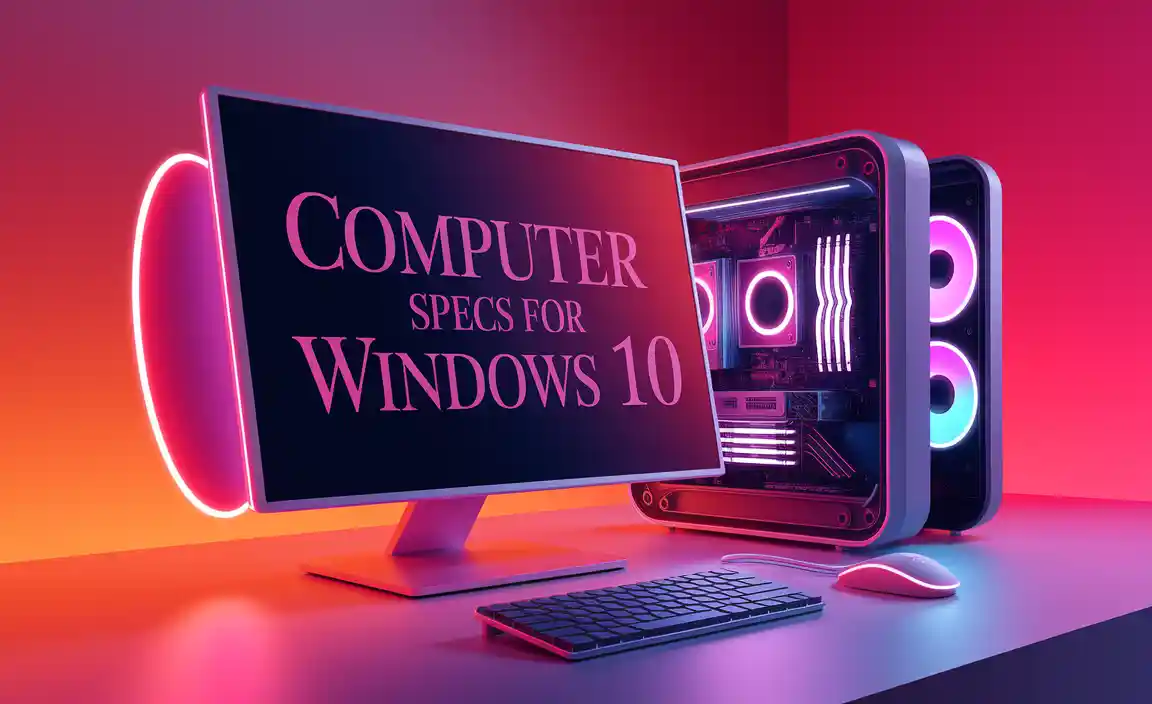
Essential Computer Specs For Windows 10: What You Need
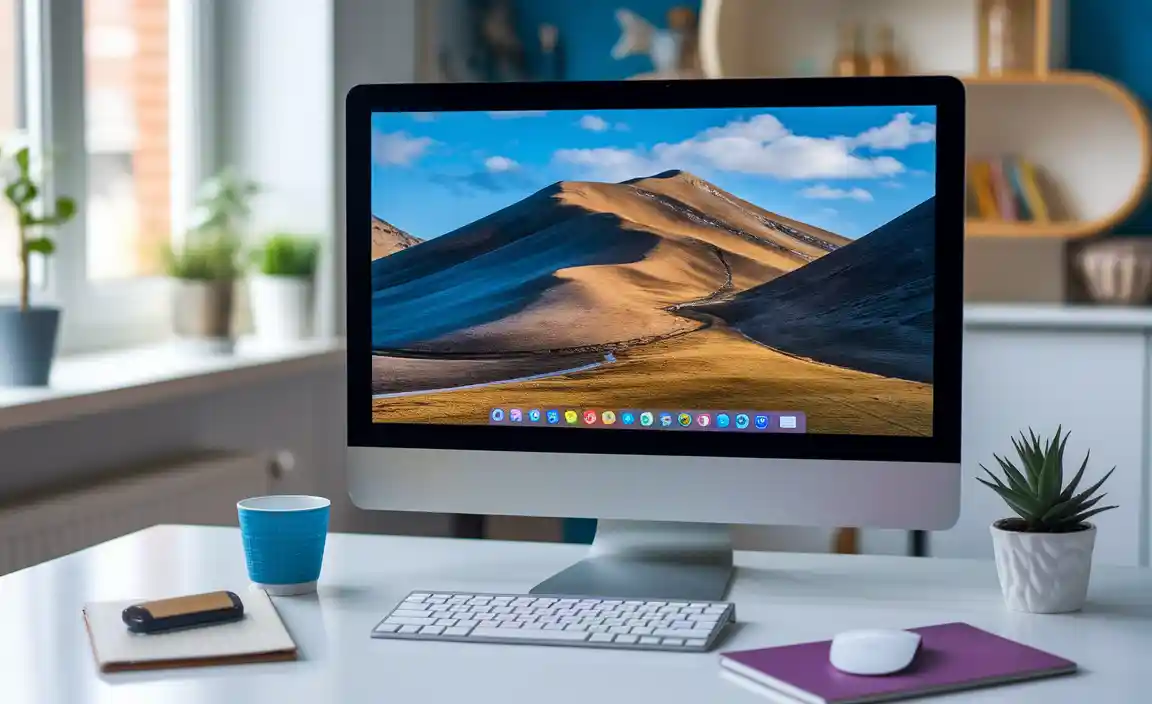
Recommended Computer Specs for Windows 10
Detailed breakdown of specifications recommended for average users.. Discussion on how these specs enhance user experience..
For a smooth experience on Windows 10, certain computer specs work best for everyday users. Here are the key specifications:
- Processor: At least Intel Core i3 or Ryzen 3 for speed.
- RAM: 8 GB helps multitask without lag.
- Storage: A 256 GB SSD loads programs quickly.
- Graphics: Integrated graphics work well for most tasks.
These specs make using Windows 10 faster and more enjoyable. Users can easily run apps, play games, and browse the web without delays.
What specs do I need for Windows 10?
For Windows 10, a minimum of 4 GB RAM and a 1 GHz processor is needed. However, to enjoy better performance, aim for 8 GB RAM and a more powerful processor. This ensures your computer runs smoothly.
Processor Options for Windows 10
Types of processors suitable for Windows 10: Intel vs. AMD.. How CPU performance affects multitasking and overall system speed.
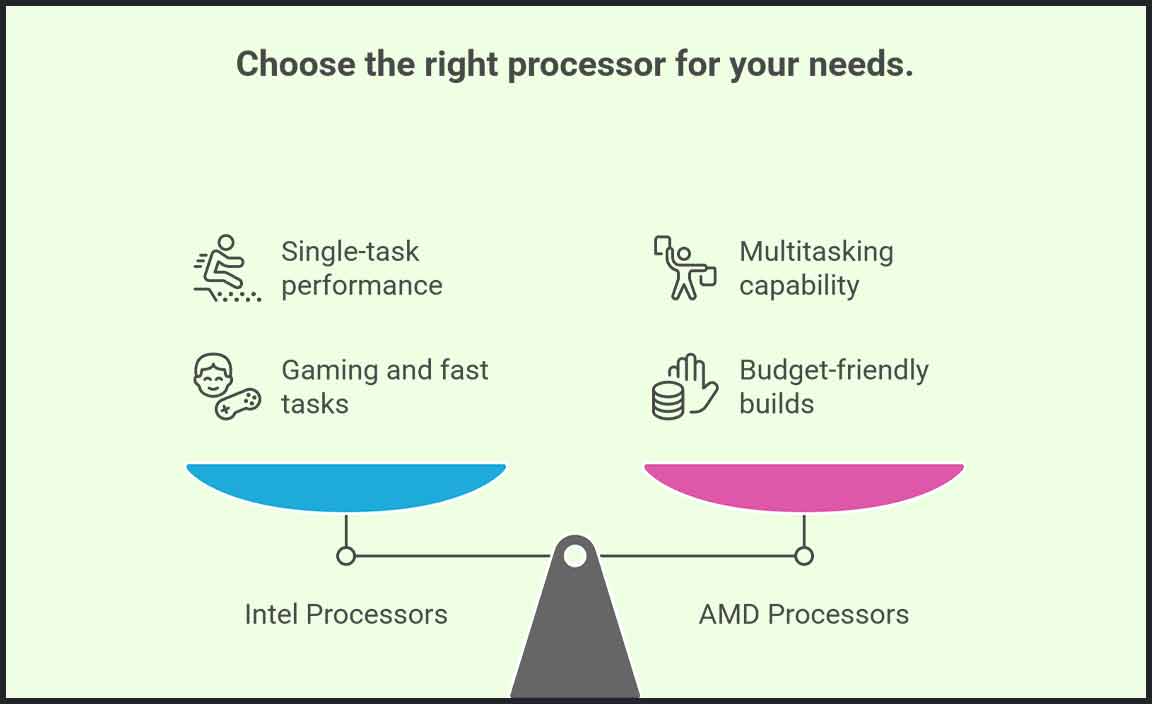
Choosing the right processor is key for smooth Windows 10 performance. You can go with Intel or AMD, both offering great options. Intel chips are known for strong single-task performance, making them great for gaming and fast tasks. AMD processors shine in multitasking, handling many programs at once without slowing down. In short, the right CPU can make your computer feel like it’s flying!
| Processor Type | Best For |
|---|---|
| Intel | Gaming, Fast tasks |
| AMD | Multitasking, Budget builds |
RAM Requirements and Recommendations
Explanation of the role of RAM in running Windows 10 smoothly.. Recommended RAM sizes for different user needs (basic, gaming, professional)..
RAM, or Random Access Memory, is like your computer’s short-term memory. It helps Windows 10 run smoothly by storing data for quick access. Think of it as a kitchen counter—the bigger it is, the more cooking you can do without running into chaos!
For basic tasks, like browsing and watching videos, 4GB is often enough. Gamers should aim for 8GB to avoid lag during intense battles. Professionals juggling heavy software should consider 16GB to keep everything running smoothly. Here’s a handy table:
| User Type | Recommended RAM |
|---|---|
| Basic | 4GB |
| Gaming | 8GB |
| Professional | 16GB |
So, choose wisely! A well-fed computer is a happy computer. Remember, when it comes to RAM, more is often better—unless you’re storing leftover pizza, then that’s just wasteful!
Storage Solutions for Windows 10
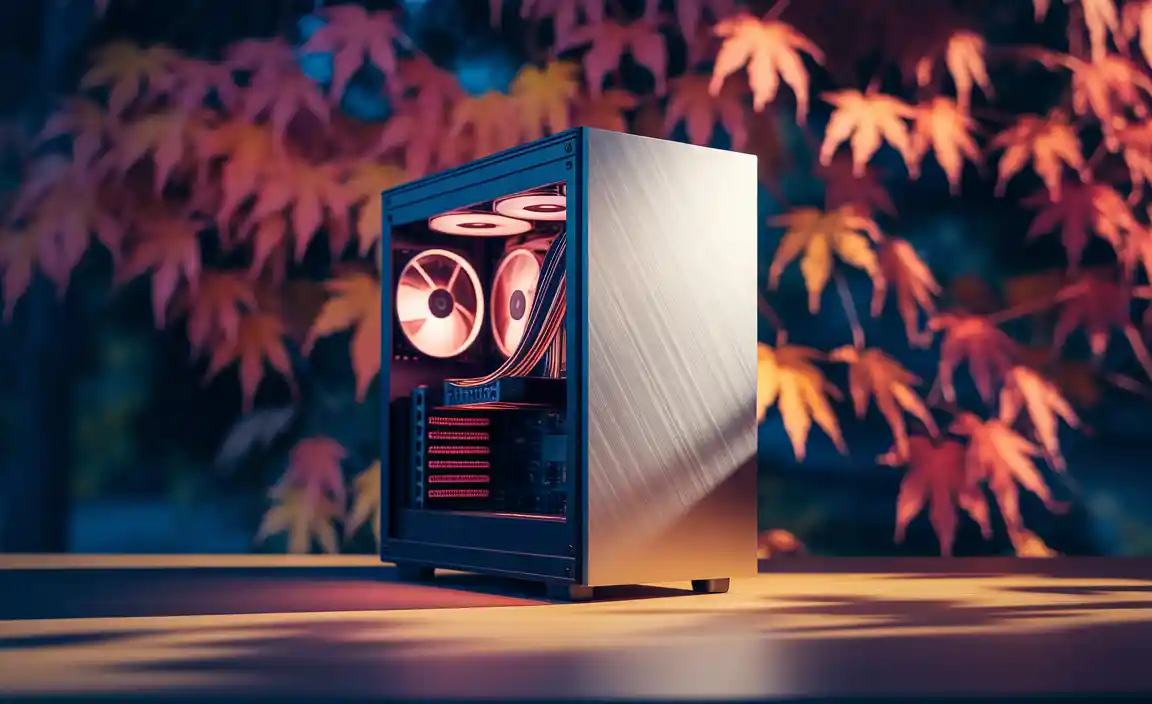
Comparison of SSD vs. HDD for Windows 10 installations.. Recommended storage capacities based on user applications and data needs..
Choosing the right storage for Windows 10 is important. Two main options are SSDs and HDDs. SSDs are faster and quieter, while HDDs are cheaper and have more space. Here’s a quick comparison:
- SSDs: Quick access, less power use, more expensive.
- HDDs: Slow access, more storage, budget-friendly.
For most users, a storage space of at least 256GB is recommended. This supports standard applications and files. For gamers or creatives, consider 512GB or more. Choose what fits your needs!
What is better for Windows 10: SSD or HDD?
SSDs are generally better due to fast speeds and efficiency. However, HDDs might be ideal for extra storage at a lower price.
Graphics Card Specifications
Importance of GPU in enhancing visual experience on Windows 10.. Recommendations for graphics cards suitable for gaming and professional tasks..
A graphics card is like the superhero of your computer, making pictures and videos look amazing. It helps your games run smoothly and boosts your work on design projects. A good GPU can turn a boring screen into a colorful adventure. If you’re gaming, look for cards like the NVIDIA GeForce GTX 1650 or the AMD Radeon RX 580. For professional tasks, the NVIDIA RTX 3060 is a fantastic choice. So level up your visual game!
| Graphics Card | Best For |
|---|---|
| NVIDIA GeForce GTX 1650 | Gaming |
| AMD Radeon RX 580 | Gaming |
| NVIDIA RTX 3060 | Professional Tasks |
Motherboard & Connectivity Features
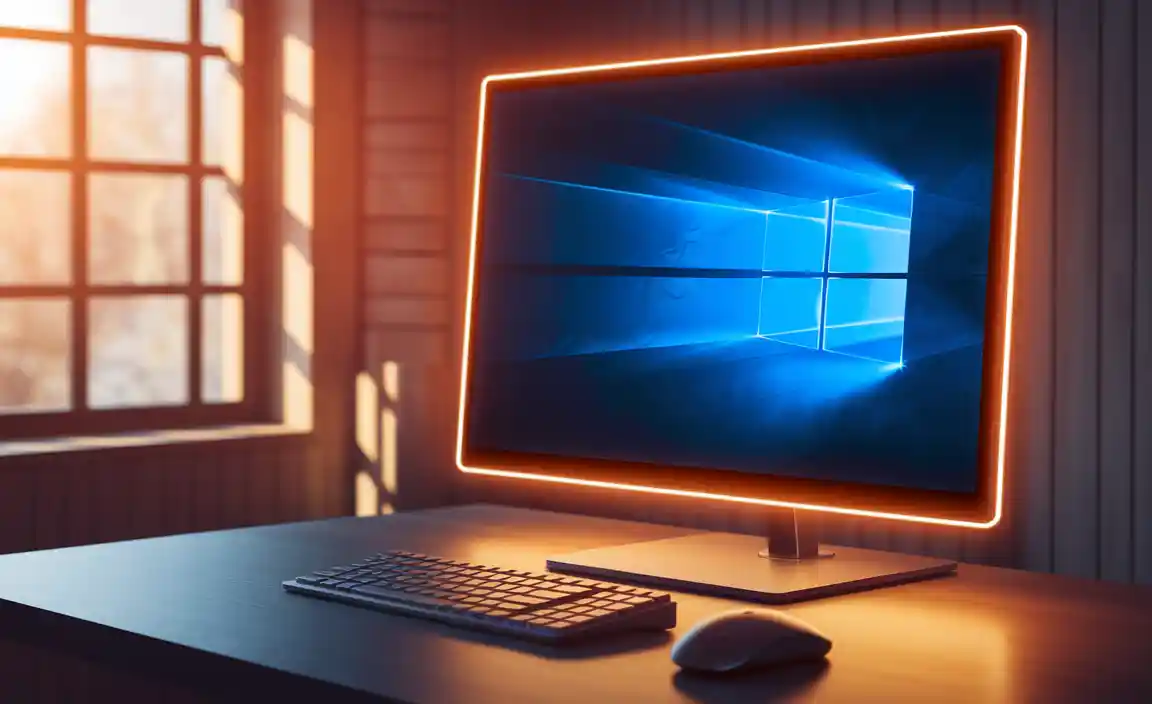
Key features to look for in motherboards compatible with Windows 10.. Importance of connectivity options (USB, HDMI, WiFi) for overall usability..
When choosing a motherboard for Windows 10, connectivity features are key. They determine how well your computer interacts with other devices. Look for options like USB ports, HDMI outputs, and WiFi capability. These help make your computer more useful. Here are some important features to consider:
- USB Ports: More ports let you connect keyboards, mice, and printers easily.
- HDMI Outputs: This helps you connect to TVs and monitors for clear visuals.
- WiFi Capability: Built-in WiFi means you can get online without extra wires.
Having these features makes using a PC more fun and simple. They help connect your computer to the world!
What are the essential connectivity features for a motherboard?
The essential connectivity features for a motherboard include USB ports, HDMI outputs, and WiFi capabilities. These options improve your overall experience by making it easy to connect various devices.
Power Supply and Cooling Requirements
Discussion on power supply ratings suitable for running Windows 10.. Importance of adequate cooling solutions for system longevity..
Every computer needs a good power supply. It gives your computer the energy it needs to run Windows 10 smoothly. A power supply rated between 500 to 750 watts is usually ideal. This range ensures you have enough power for all your parts, like the CPU and GPU. Proper cooling is also vital for your computer’s health. Without it, parts can overheat and wear out quickly. Keeping these components cool can extend the lifespan of your computer.
What power supply do you need for Windows 10?
You should look for a power supply that is rated between 500 to 750 watts. This range is usually enough for most systems running Windows 10.
Cooling Solutions
- Use fans to circulate air.
- Consider heat sinks for CPUs.
- Thermal paste can help transfer heat.
Future-Proofing Your Computer for Windows 10
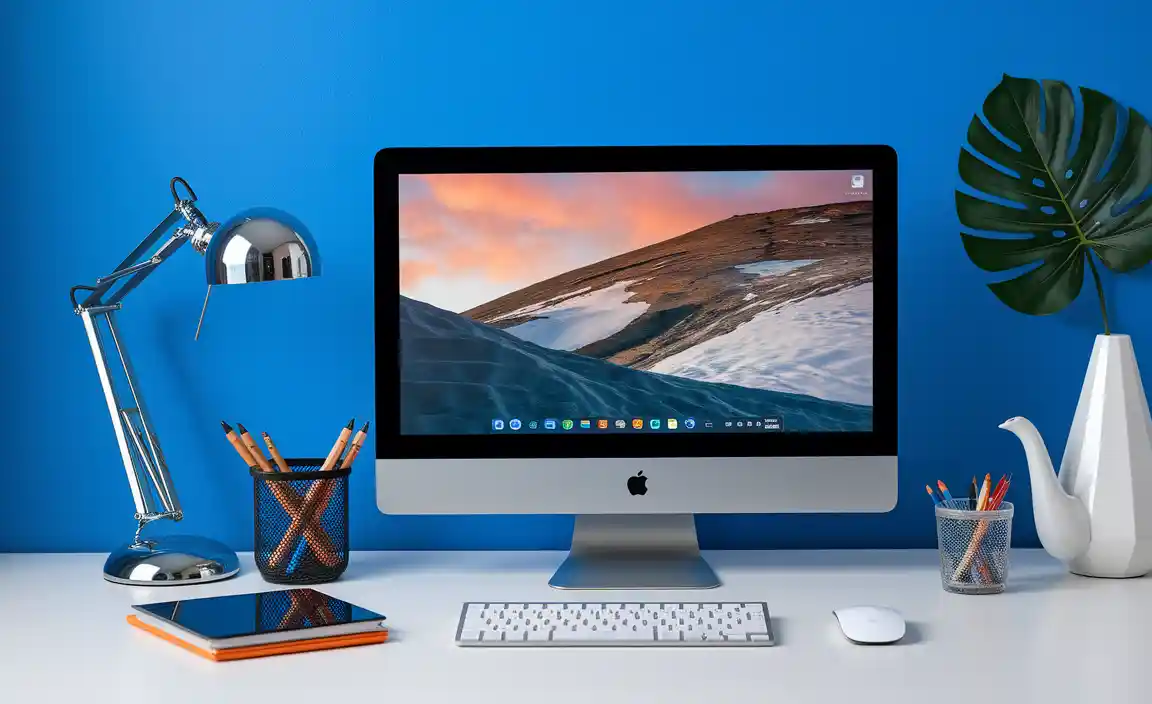
Tips on selecting components to keep your system relevant for future updates.. How to assess upcoming software requirements to inform hardware choices..
To keep your computer ready for Windows 10 updates, choose powerful parts. Pick a strong processor to run new programs smoothly. A good graphics card will help with games and videos. Also, get enough RAM so your tasks run faster. Check for upcoming software needs by following tech news. This helps you plan your hardware. Here are some tips:
- Look for parts with a good upgrade path.
- Read online reviews for future software requirements.
- Consider energy-efficient components for longer use.
Why is futureproofing important?
Futureproofing helps save money on upgrades. It means your computer will stay relevant longer. This way, you won’t need to replace your system often.
Conclusion
In summary, choosing computer specs for Windows 10 is important for good performance. You need at least 4 GB of RAM and a decent processor. A solid-state drive (SSD) improves speed. Always check compatibility before buying. With these tips, you can enjoy better gaming, faster loading times, and smooth multitasking. Explore further to find the best fit for your needs!
FAQs
What Are The Minimum System Requirements For Installing Windows On A Pc?
To install Windows on a PC, you need a few things. First, you must have a 1 GHz (gigahertz) processor. Next, you need at least 1 GB (gigabyte) of RAM (random access memory) for 32-bit or 2 GB for 64-bit. You also need 16 GB of free space on your hard drive. Lastly, it’s good to have a graphics card that works with DirectX 9 and a display that’s at least 800×600 pixels.
How Much Ram Is Recommended For Optimal Performance When Running Windows 1
For running Windows 11 smoothly, we recommend at least 8 gigabytes (GB) of RAM. This helps your computer work faster and handle many programs at once. If you can, 16 GB is even better for top performance. More RAM makes everything feel quicker and easier to use!
What Type Of Processor (Cpu) Is Best Suited For Running Windows Smoothly?
To run Windows smoothly, you should look for a processor called a CPU, like an Intel Core i5 or AMD Ryzen 5. These CPUs have enough power to handle games, web browsing, and programs. They can help your computer work quickly without slowing down. When you choose one of these, your Windows system will run better, and you’ll have a smoother experience.
How Much Storage Space Is Required For A Fresh Installation Of Windows 1
A fresh installation of Windows 11 needs about 20 gigabytes (GB) of space. A gigabyte is a way to measure storage. You may want more space for your apps and files. So, it’s best to have at least 30 GB or more. This way, you’ll have enough room to store things later!
Are There Specific Graphics Card Requirements For Playing Games Or Running Graphics-Intensive Applications On Windows 1
Yes, there are specific graphics card requirements for playing games or using graphics-heavy programs on Windows. A good graphics card helps your computer show better pictures and run games smoothly. If the game asks for a certain type of graphics card, it’s best to have at least that much power. Always check the game’s needs before playing to make sure you have the right card.
Resource:
-
Windows 10 official system specs: https://support.microsoft.com/en-us/windows/windows-10-specifications-7d24e77a-676f-4875-9a0d-bad9d79779a9
-
RAM requirements explained: https://www.crucial.com/articles/about-memory/how-much-ram-do-i-need
-
Recommended GPUs for gaming: https://www.pcgamer.com/best-graphics-cards/
-
SSD vs HDD comparison: https://www.tomshardware.com/reviews/ssd-vs-hdd
